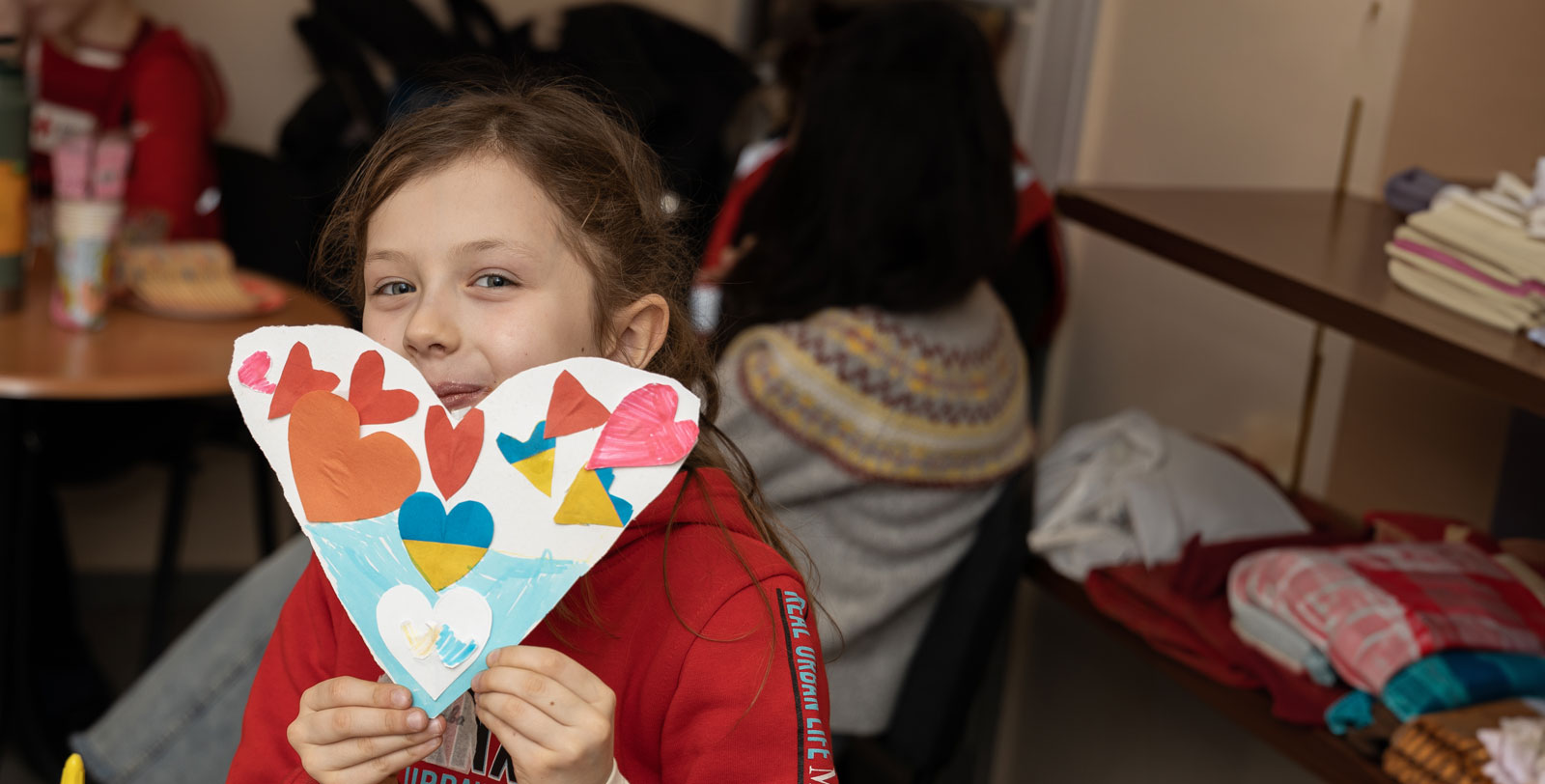Dans cet épisode de Heartbeat of Humanity, Arz Stephan, conseiller technique SMSPSS, s’entretient avec Ahlem Cheffi, conseillère technique de SMSPS, sur les concepts de « dilemme éthique » et de « blessure morale » et sur leur impact sur les travailleurs humanitaires, y compris le personnel et les bénévoles de la Croix-Rouge et du Croissant-Rouge, qui font souvent partie des premiers intervenants.

